7 Signs Your Body Needs More Protein

Are you experiencing unexplained fatigue, brittle nails, or slow-healing wounds? Your body might be waving red flags about protein deficiency. Dr. Jin W. Sung, a prominent health expert with nearly 500,000 YouTube subscribers, reveals seven critical signs that could indicate you're not getting enough protein. Understanding these signals could be the key to unlocking better health, stronger immunity, and improved overall wellness. Read on to discover if your body is trying to tell you something important.
The Hidden Language of Protein Deficiency: 7 Warning Signs
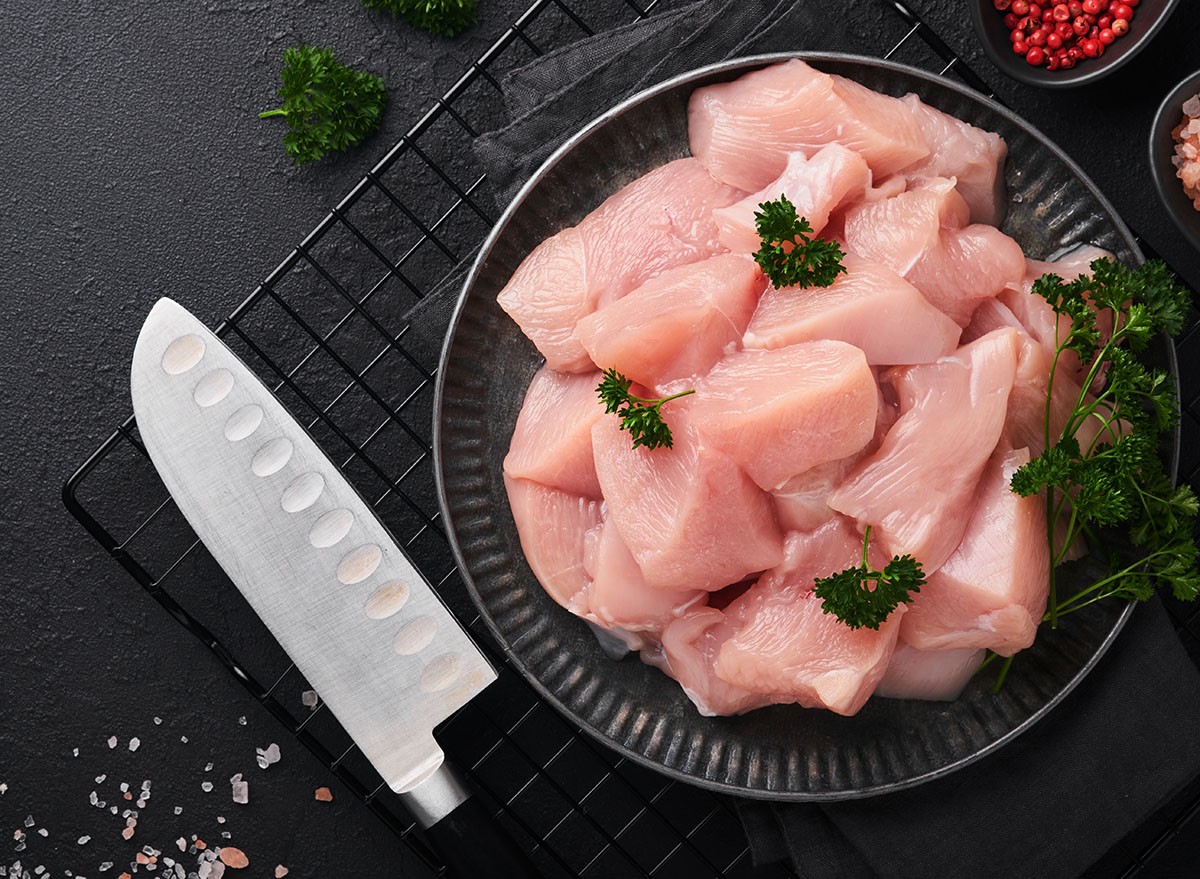
"Most people don't realize how many different ways their body signals protein deficiency," says Dr. Sung. These seven key signs can help you identify if you're getting enough protein in your diet. Pay attention if you experience any of these symptoms, especially in combination.
Sign #1: Struggling to Build or Maintain Muscle
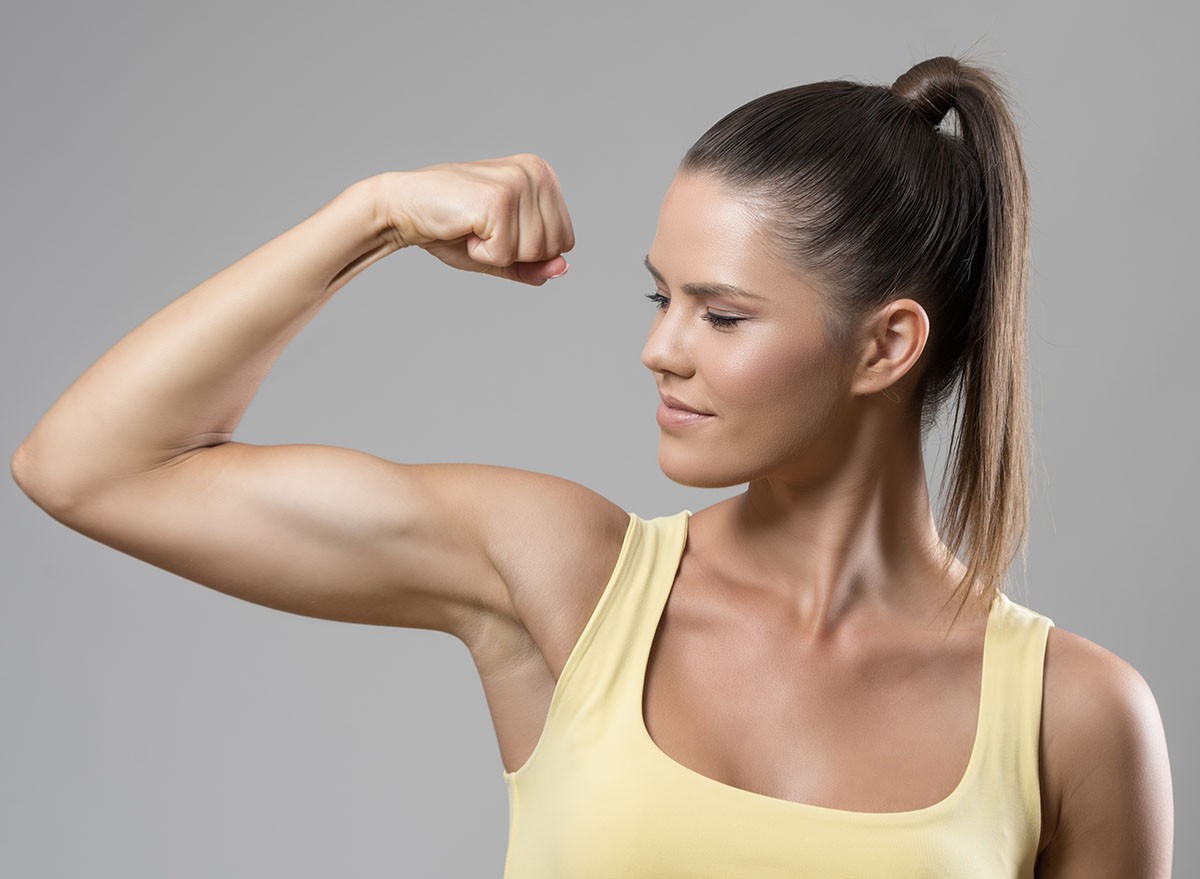
"Muscle loss or inability to gain muscle despite working out is a major red flag," warns Dr. Sung. If you're hitting the gym regularly but not seeing results, or noticing muscle weakness despite regular activity, your protein intake might be insufficient. For optimal muscle health, Dr. Sung recommends 1.2 to 1.4 grams of protein per kilogram of body weight daily, with athletes needing up to 2 grams per kilogram.
Sign #2: Brittle Hair and Weak Nails

Notice your hair breaking easily or nails becoming increasingly brittle? Dr. Sung explains that these changes often signal protein deficiency, as hair and nails are primarily made of protein. Regular monitoring of your protein intake is crucial for maintaining strong, healthy hair and nails.
Sign #3: Slow-Healing Wounds
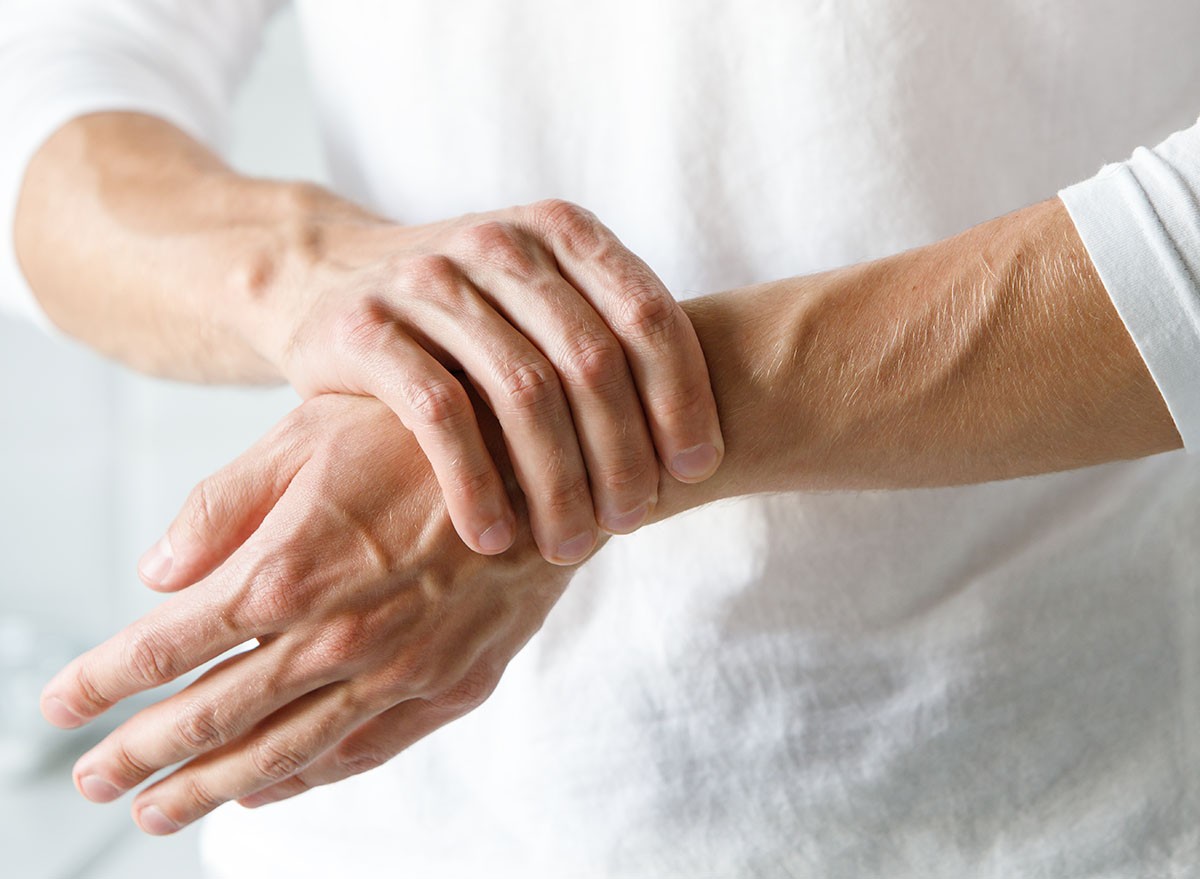
"When you get a cut and it doesn't heal well or in the expected time frame, that's a clear sign," Dr. Sung notes. Protein plays a crucial role in tissue repair and wound healing. If small cuts or bruises take longer than usual to heal, your body might need more protein to support its repair processes.
Sign #4: Weakened Immune System

"These people will be more prone to infection or become currently sick," Dr. Sung explains about protein-deficient individuals. If you're catching every cold that comes around or infections seem to linger, your immune system might be struggling due to inadequate protein intake.
Sign #5: Sleep Issues and Mood Changes

Experiencing anxiety, depression, or insomnia? According to Dr. Sung, these could be unexpected signs of protein deficiency. Studies show that protein is essential for producing neurotransmitters that regulate mood and sleep patterns.
Sign #6: Bone Health Concerns
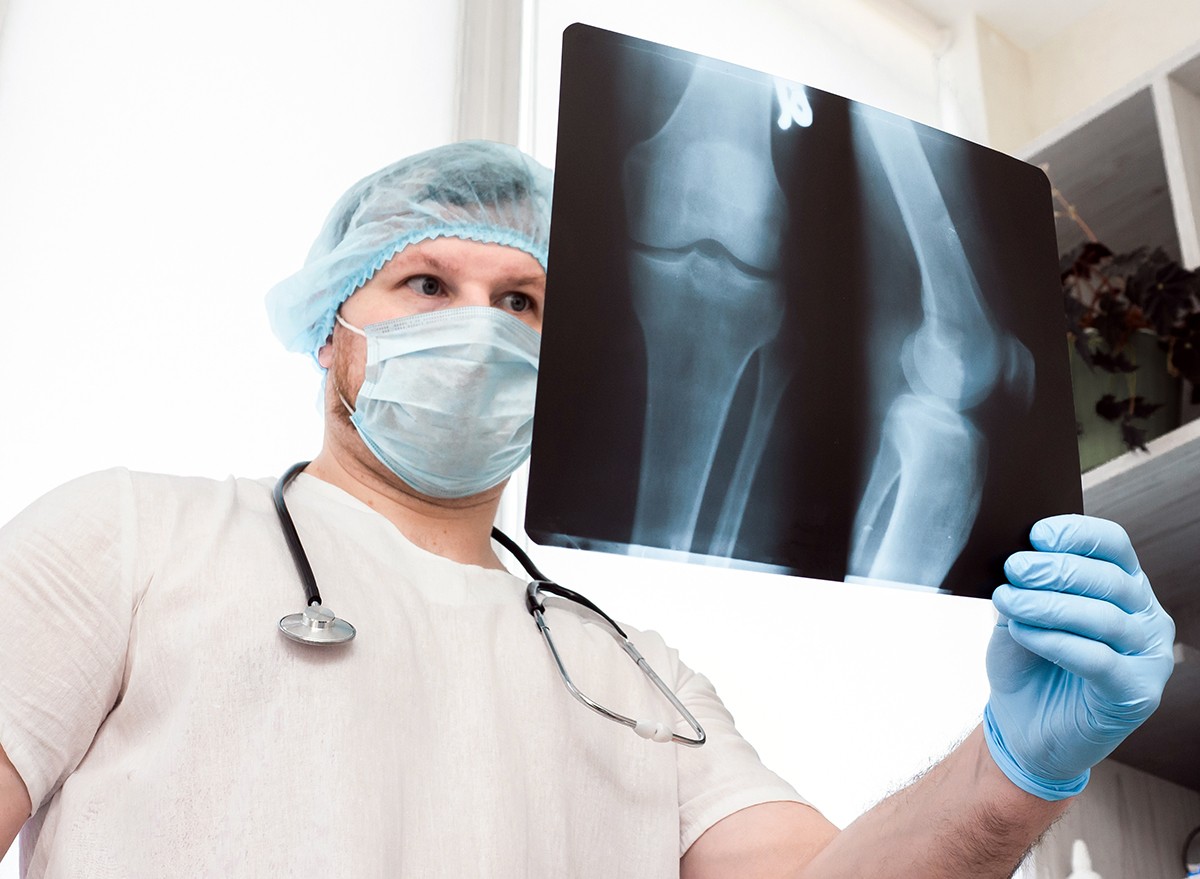
"People don't realize it's not just calcium and minerals in the bone. There's protein amino acids too," Dr. Sung emphasizes. If you're concerned about bone density or have been diagnosed with osteoporosis, increasing your protein intake might be crucial for maintaining bone health.
Sign #7: Constant Hunger and Cravings
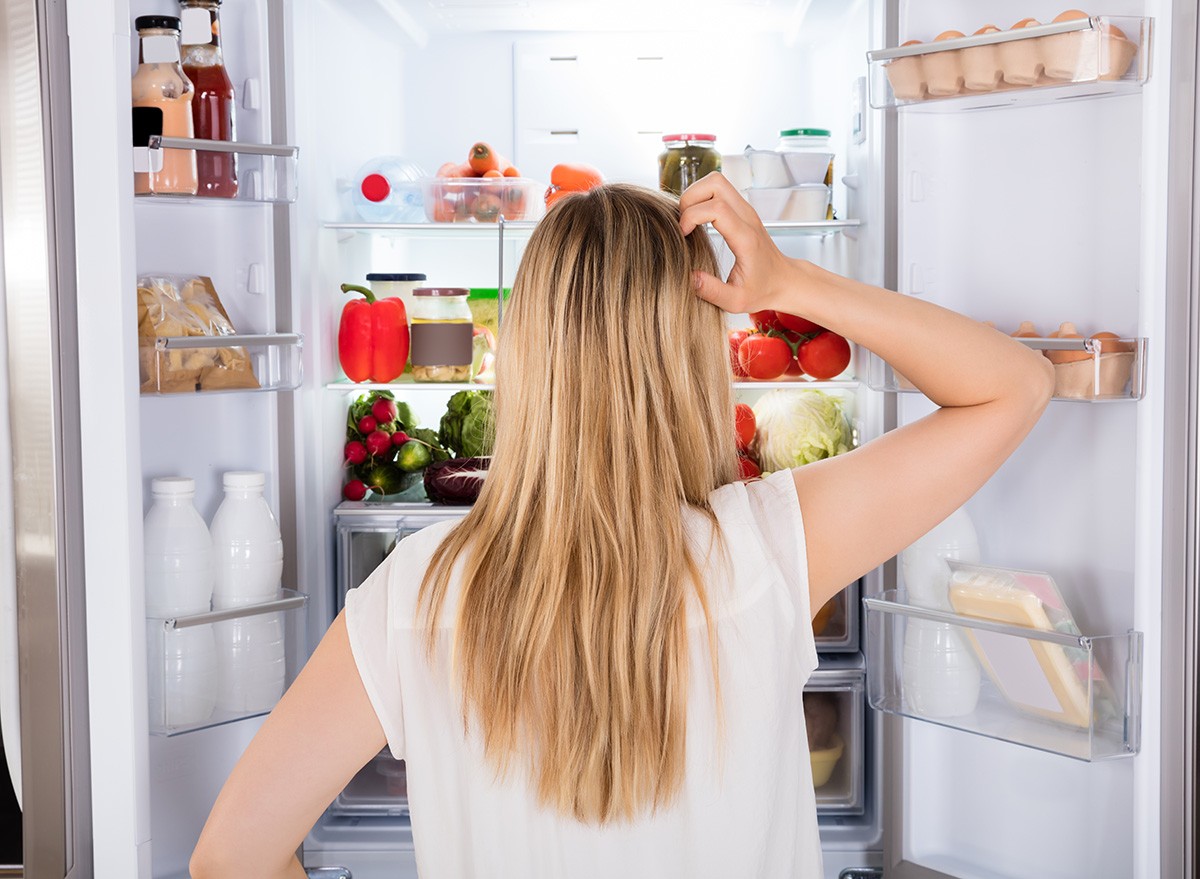
While not directly quoted by Dr. Sung, research shows that inadequate protein intake can lead to increased hunger and cravings. Dr. Sung's recommended protein intake of 1.2 to 1.4 grams per kilogram of body weight can help maintain satiety and reduce unnecessary snacking.
Understanding Your Protein Needs
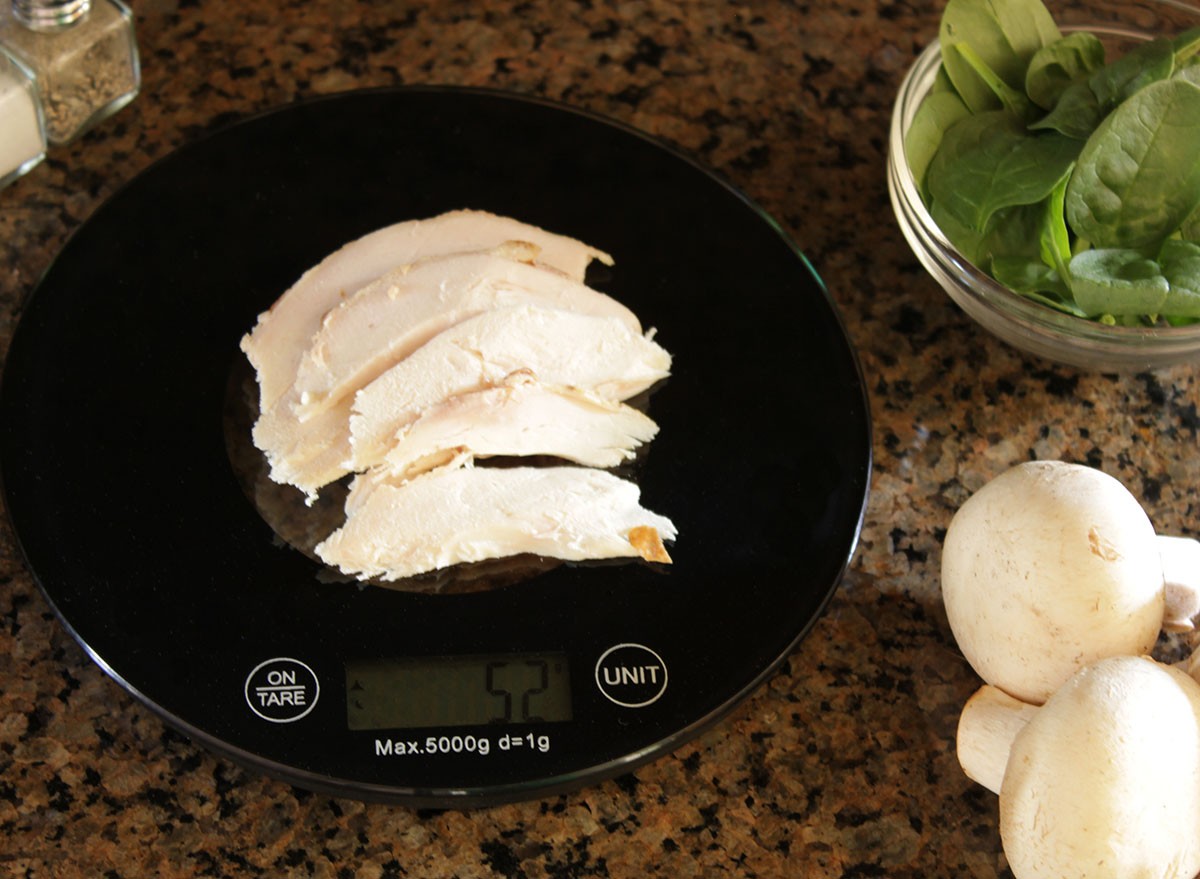
Dr. Sung breaks down the numbers clearly: "A 150-pound person needs at least 81.6 to 95.2 grams of protein per day for optimal health." For those with health challenges, he recommends increasing intake to 1.6 grams per kilogram of body weight, while athletes might need up to 2 grams per kilogram.
How to Check for Protein Deficiency
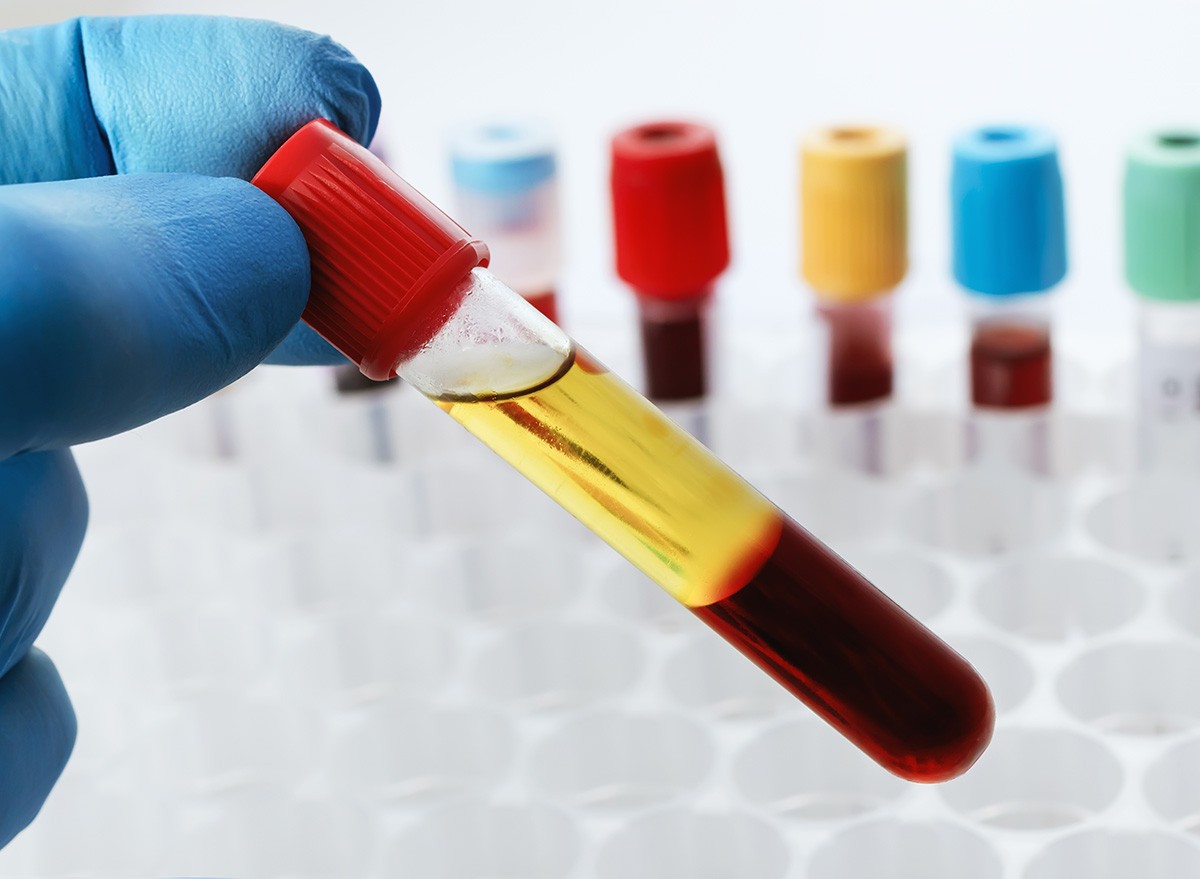
"Simple tests like CBC with CHE can show you if you have protein deficiencies," explains Dr. Sung. Key markers include BUN (should be 10-16), globulin (2.4-2.8), and hemoglobin levels. If you're experiencing any of the seven signs, consider asking your healthcare provider about these tests.
Solutions for Better Protein Absorption
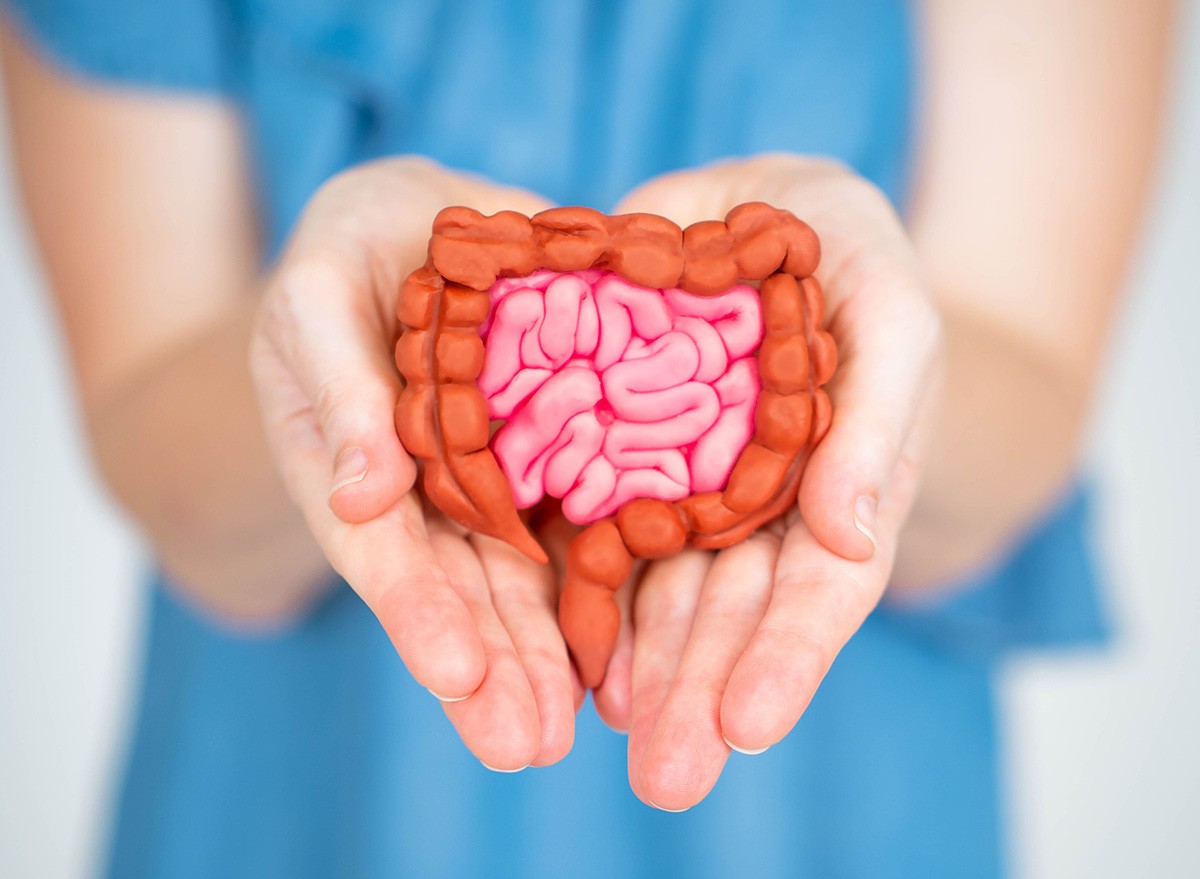
Dr. Sung emphasizes that it's not just about eating more protein – it's about proper absorption too. "If you have hypochlorhydria or low stomach acid issues, you definitely want to increase hydrochloric acid along with some digestive enzymes to break down your protein appropriately," he advises. Consider protein-rich diets like ketogenic, paleo, or carefully planned vegetarian diets, depending on your specific needs and restrictions. And if you enjoyed this article, take advantage of these 15 Quick Ways to Lose Body Fat Percentage in a Week.




